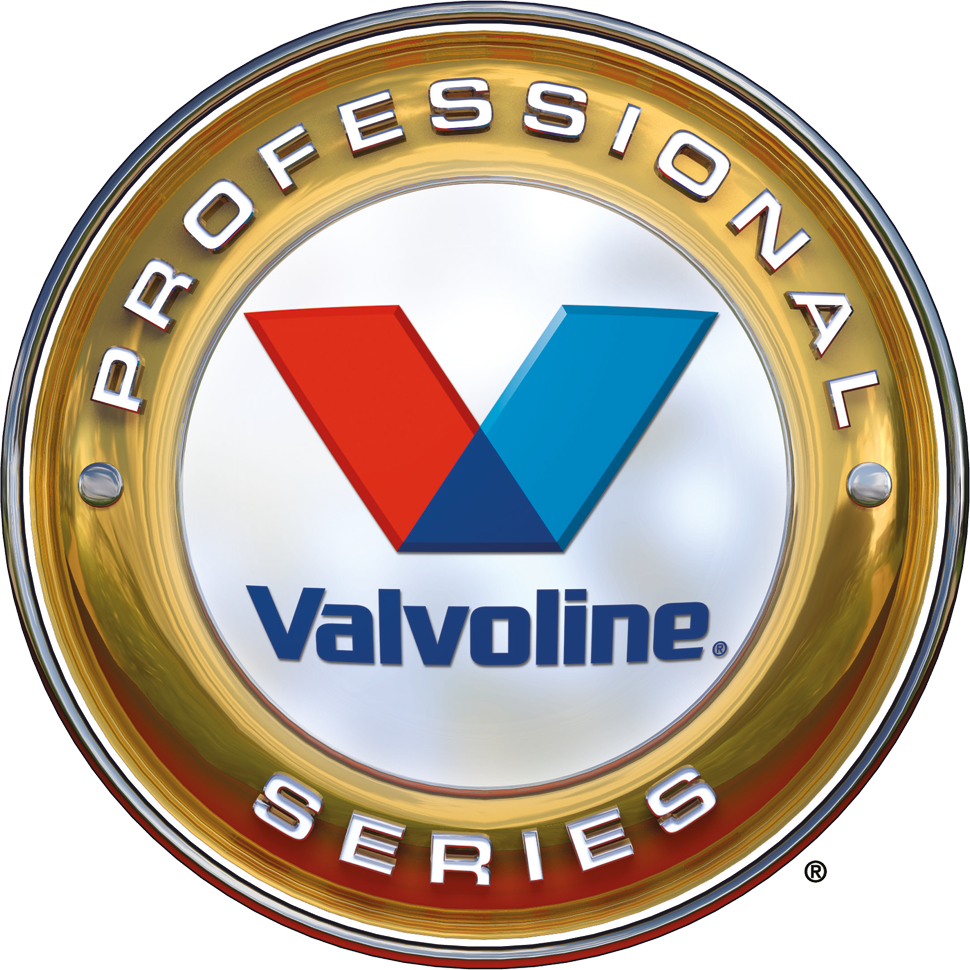Effective ways to lower your fuel costs
Because rising gas prices have an immediate impact on your budget as a motorist, here is an action plan to help you lower fuel costs.
Vehicle condition
It is important to keep your vehicle in good condition, as a poorly tuned engine can increase fuel consumption by up to 25%.
Keep tires inflated to the level recommended by the manufacturer of your car; this will conserve fuel and prolong the tires’ useful life span.
Misaligned wheels can increase fuel consumption, lead to premature wear and tear of tires, and decrease the vehicle’s stability.
While driving
If you own more than one vehicle, make it a priority to use the most fuel-efficient one.
Know before you go. Pay close attention to travel and transit reports before you leave your home or office. You might be able to choose a less congested route.
When running errands, plan ahead: avoid rush hour traffic, combine errands into one trip, etc.
Identify alternate routes. The shortest distance between two points may not always be a straight line. Try mapping out an alternate route.
Relieve the vehicle of useless objects, which only add weight and make the engine burn more gas.
Similarly, remove car top carriers or bicycle supports when they are not being used.
Use a block heater. It can improve fuel consumption by up to 15%, and more, on distances not exceeding 20 kilometres.
In cold weather, you need only let the engine idle for 30 seconds, then drive while avoiding heavy acceleration.
Don’t let the engine idle needlessly. Once it has reached the right temperature, an engine left idling for more than 10 seconds wastes more fuel than restarting the engine. Idling can consume between 1.1 and 4 litres of gas per hour.
Use the air-conditioner only when needed; in city driving, the system can increase fuel consumption by as much as 20%.
On the highway, an open sunroof and an open window or windows will increase fuel consumption.
Avoid revving the engine before cutting the ignition. This wastes gas and leaves fuel on the cylinder walls, which can erode the protective layer of oil and promote premature engine wear.
Drive smoothly and at a constant speed. Abrupt accelerations make the engine burn more gas.
Take your foot off the gas when you see traffic slowing down, and at upcoming red lights.
Keep a sufficient distance between your vehicle and the one ahead so that you can accelerate gradually without closing the distance between the two cars.
Brake gently and adjust yourself to surrounding traffic.
Do not keep your left foot pressed to the brake pedal. This will save fuel and be easier on both the brakes and the engine.
Maintain an average speed on highways. High speeds will increase fuel consumption required to combat increased resistance to air, and overly low speeds can be a danger to fellow road users. Driving at 120 km/hr as opposed to 100 km/hr can increase fuel consumption by 20%.
Gassing up
Many motorists are paying more for high-octane gas, when in fact it is not really necessary. Only 10% to 15% of today’s vehicles require premium fuel. Check your owner’s manual to be sure.
Do not fill the tank to overflowing. At today’s prices, gas spills are costly.
Get out of the habit of filling the tank to the brim. Gasoline expands in hot weather and can overflow.
Fuel saversFuel savers
None of the alleged “gasoline economizers” we tested lived up to their claims. At best, fuel consumption was the same as that achieved without such devices. Although automobile manufacturers may not have the monopoly on science and knowledge, they know about “fuel savers” and do not equip their vehicles with them. Yet they spend fortunes in the quest for fuel savings that translate into mere fractions of a litre.
With gasoline economizers, the only way to save is to avoid buying one!
Everyday choices:
Have fun and get fit! Ride your bike. It’s a great way to travel as well as add exercise in your day.
When shopping for your next vehicle, make fuel consumption one of the top criteria in your decision.
Think about carpooling as a practical solution to and from work.
If convenient, use public transit whenever you can.
Move closer to your job. Many people find that, despite the cost or inconvenience involved, moving closer to work is the best solution for avoiding a frustrating commute.
https://www.caaquebec.com/nc/en/on-the-road/advice/tips-and-tricks/tip-and-trick/show/sujet/effective-ways-to-lower-your-fuel-costs/


